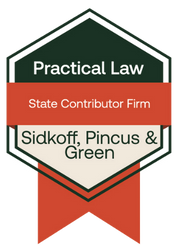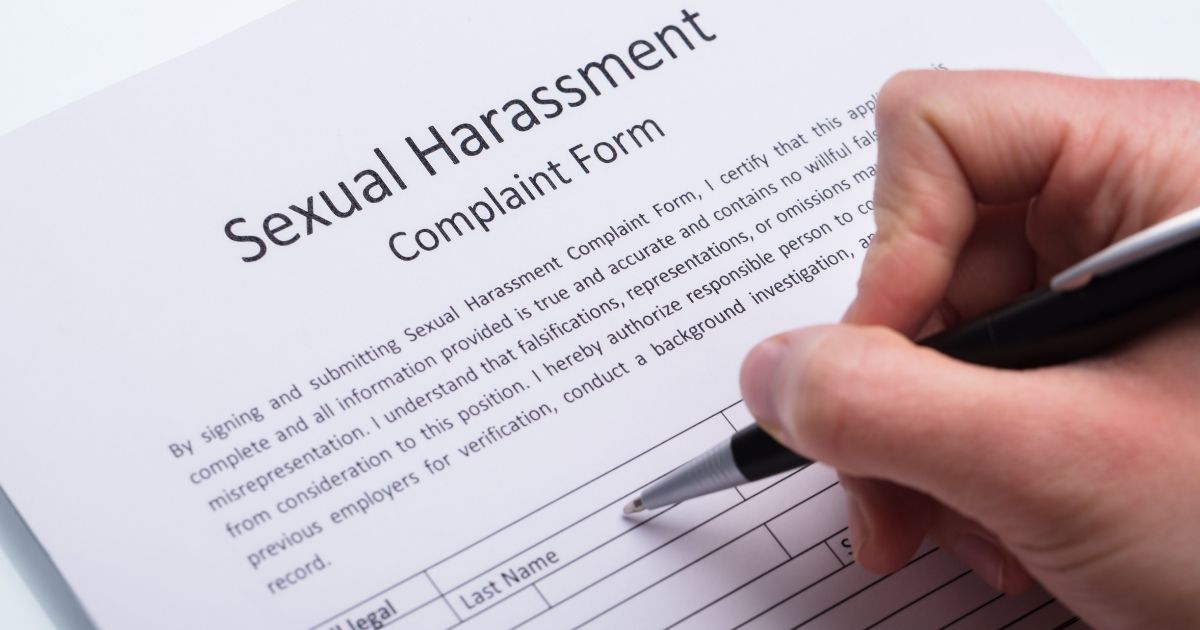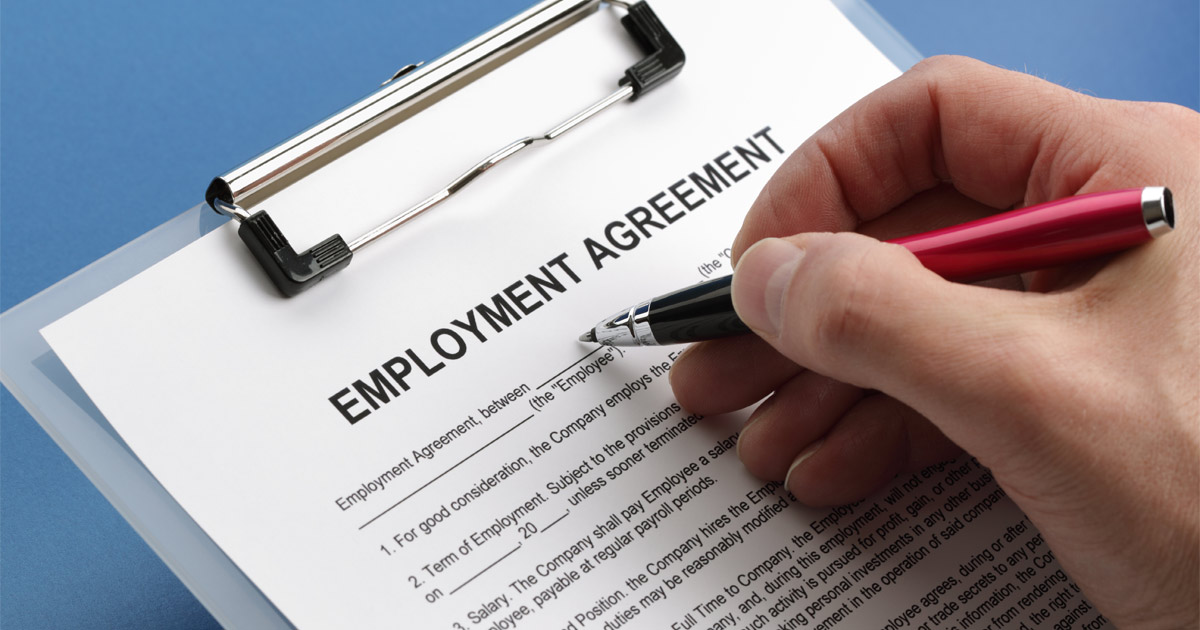Should Pennsylvania Increase the Minimum Wage?

Since 2009, Pennsylvania’s minimum wage has been stagnant. Sitting at the federally mandated level of $7.25 per hour, many state officials bloviate about raising the minimum wage, but it never happens. For overtime work, employees must receive 1 ½ times their base hourly rate. There are exceptions to this rule, and determining whether a worker falls under this rule can be confusing. A lawyer can help a worker with an unpaid overtime claim if they feel they are being slighted.
For lawmakers to determine whether they should raise the minimum wage in Pennsylvania, they must look at several factors. There are benefits and disadvantages to any increase in the minimum wage.
Increased Buying Power for Workers
By increasing the minimum wage in Pennsylvania, workers have increased buying power. In other words, their dollar goes further. When a person has more disposable income, they spend more money. These spending habits help stimulate and infuse large amounts of capital into the economy.
Worker Job Losses
When government forces business to increase salaries, affected companies may cut expenses. This can come in many forms and may be unique to each business. Some businesses may cut benefits to save money while others may cut employees. By reducing the overall staff, the company reduces its financial burden and is better prepared to shoulder the cost increase for the remaining employees.
Pandemic Relief for Employees
Coming out of the Coronavirus (COVID-19) pandemic, many minimum wage workers are finding it difficult to get a job where they can support themselves, let alone support their families. As government pandemic relief programs end, workers are looking for jobs that pay more to help them survive and thrive.
An increased minimum wage would help those workers by providing them a higher rate of pay. This is money they could use to help themselves and their family re-settle after the pandemic. It also gives them the ability to spend money on leisure activities, helping the economy.
Jobs Leave Pennsylvania Without an Increase
Pennsylvania has large metropolitan areas that are close to other states. People already live in Pennsylvania and work in these neighboring states. A failure by the lawmakers to increase the minimum wage could see a larger exodus of jobs and workers to neighboring states.
Delaware and New Jersey, for example, have a higher minimum wage than Pennsylvania. If lawmakers fail to act and raise the minimum wage, more employees may seek out job opportunities in those neighboring states. Not only does this create lost tax revenue for the state, it could mean those workers end up moving to other states, further hurting the economy.
Philadelphia Employment Lawyers at Sidkoff, Pincus & Green P.C. Help Clients Collect Unpaid Wages
The above represent a minor fraction of the arguments in favor of and against a minimum wage increase in Pennsylvania. There is much for lawmakers to consider. While they figure out what to do, however, you still have to make ends meet. The Philadelphia employment lawyers at Sidkoff, Pincus & Green P.C. can offer you guidance if you need help figuring out whether your employer has underpaid you. Contact us online or call us at 215-574-0600 to schedule an initial consultation. Located in Philadelphia, we serve clients throughout Pennsylvania and New Jersey.




























